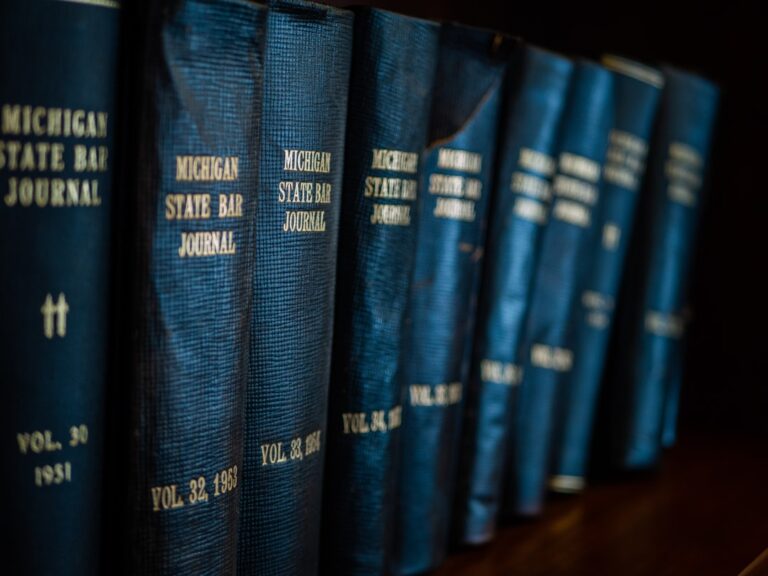Sexual assault law firms in Maryland leverage DNA evidence as a critical tool for justice, utilizing advanced testing to improve conviction rates where other evidence is limited. Strict legal frameworks and protocols ensure reliable DNA analysis, with firms navigating collection, chain-of-custody, and interpretation of complex data. DNA evidence strengthens cases, supports victim testimonies, and brings closure, despite challenges in handling and admissibility.
In Maryland, the role of DNA evidence in sexual assault cases has been transformative. This article delves into the intricate workings of DNA testing within the legal framework specific to Maryland, offering insights from a sexual assault law firm. From understanding the science behind DNA evidence to exploring its collection and admissibility, we analyze the impact and challenges faced by victims and legal professionals alike. By examining these key aspects, we highlight the significance of DNA evidence in securing justice for survivors of sexual assault in Maryland.
Understanding DNA Evidence in Sexual Assault Cases

DNA evidence plays a pivotal role in sexual assault cases, providing a powerful tool for justice and accurate identification. When someone undergoes a sexual assault, their attacker’s genetic material can be left behind—in blood, hair, skin cells, or bodily fluids—unwittingly serving as a unique identifier. This is where a sexual assault law firm in Maryland comes into play, helping victims navigate the legal process and utilizing these biological traces to build compelling cases.
In court, DNA evidence is analyzed by experts who can match it to potential suspects or existing databases, significantly increasing conviction rates. This scientific approach ensures that justice is served, especially for crimes where other evidence may be scarce or questionable. With advancements in technology, the accuracy and speed of DNA testing have improved, making it an indispensable asset for sexual assault investigations.
The Legal Framework for DNA Testing in Maryland

In Maryland, the legal framework governing DNA testing in sexual assault cases is clear and stringent, reflecting a commitment to justice and protection for victims. A sexual assault law firm in Maryland would be well-versed in navigating these laws, which mandate that forensic DNA analysis be conducted by accredited labs adhering to strict protocols. This ensures the reliability and admissibility of evidence in court, crucial elements for securing convictions and delivering closure to survivors.
The process typically begins with a collection of biological evidence from the scene or the accused, followed by detailed documentation and chain-of-custody procedures to maintain the integrity of the samples. Once collected, DNA testing can help identify suspects, establish guilt or innocence, and even exonerate those wrongfully accused. This scientific approach not only strengthens cases but also instills public trust in the criminal justice system, making Maryland a leader in utilizing DNA evidence for sexual assault investigations.
Collection and Admissibility of DNA Evidence

The collection of DNA evidence in sexual assault cases is a meticulous process, crucial for ensuring admissibility in court. A sexual assault law firm in Maryland highlights that this involves obtaining samples from various sources, including victims, suspects, and relevant crime scenes. These samples can be as simple as bodily fluids or skin cells left behind, requiring proper collection techniques to maintain integrity and avoid contamination.
Admissibility of DNA evidence is governed by strict legal guidelines in Maryland. A sexual assault lawyer will ensure that the collection process adheres to these standards, which include chain-of-custody protocols, secure storage, and documented procedures. When handled correctly, DNA evidence can be a game-changer in sexual assault cases, providing compelling links between suspects and victims, thus strengthening the prosecution’s case.
Impact and Challenges: A Sexual Assault Law Firm's Perspective

The role of DNA evidence in sexual assault cases is invaluable, according to leading sexual assault law firms in Maryland. It provides a powerful tool to secure justice and hold perpetrators accountable, especially in cases where other forms of evidence may be scarce or contested. The impact of DNA evidence can be profound, helping to identify offenders, corroborate victim testimonies, and provide closure for survivors.
However, navigating the challenges associated with this evidence is crucial. Maryland sexual assault law firms recognize that collection and handling procedures must be strictly followed to ensure admissibility in court. Furthermore, interpreting complex DNA data requires specialized knowledge and expertise. Despite these challenges, the benefits of DNA evidence in advancing sexual assault cases and delivering justice are undeniable, making it an indispensable asset for sexual assault law firms across Maryland.






